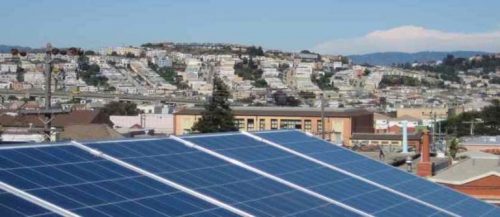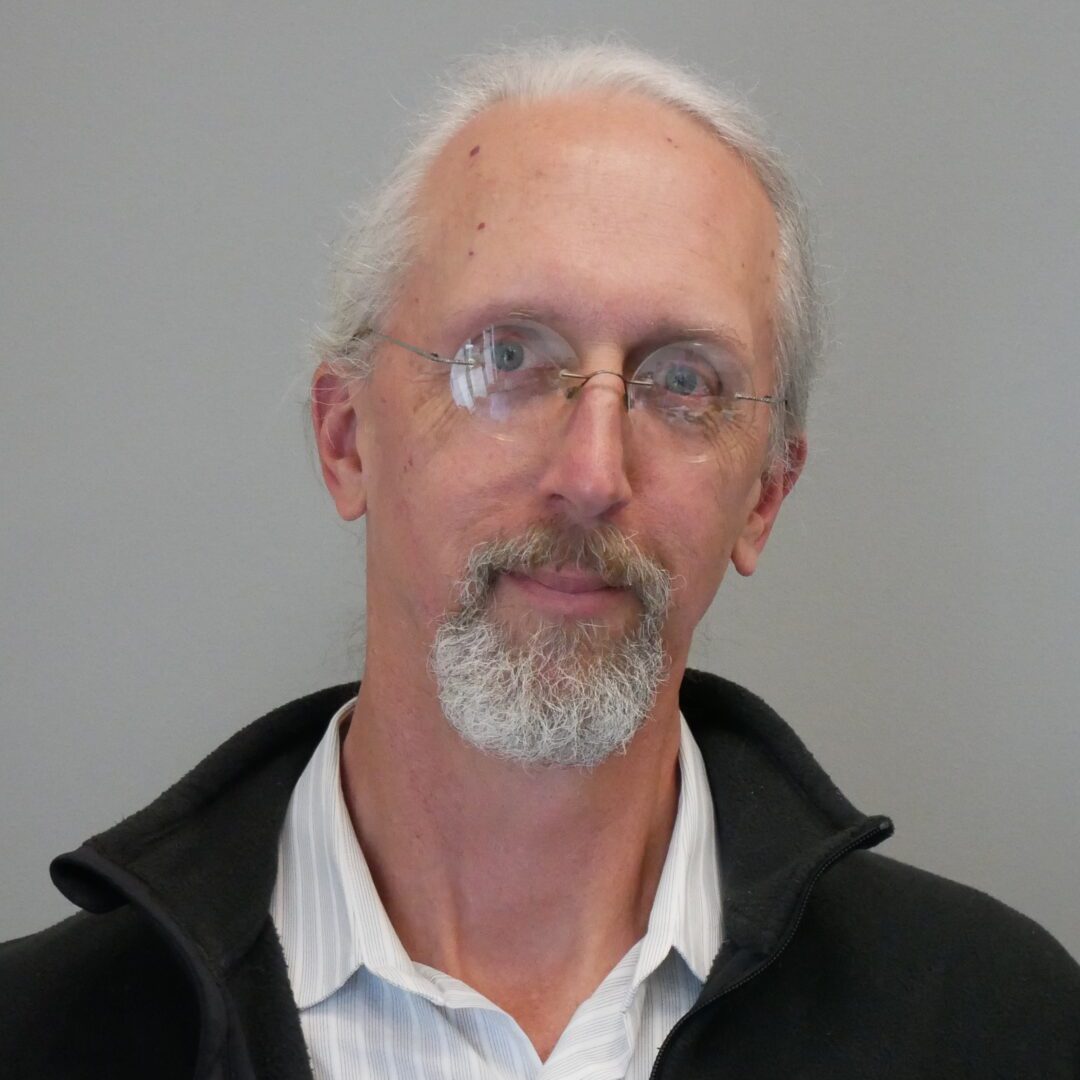
Pacific Gas & Electric required to procure more renewables after the Clean Coalition’s intervention
Holding California’s investor-owned utilities accountable for the clean energy they were required to procure and connect to the grid.
The Clean Coalition has played a major role in holding California’s investor-owned utilities accountable for the significant amounts of clean energy they were required to procure and connect to the grid under the California Public Utility Commission’s (CPUC)Renewable Auction Mechanism (RAM). The RAM program was designed to streamline and hasten the advancement of sub-20 megawatt (MW) distributed renewable energy projects in the state.
Pacific Gas & Electric (PG&E) has made various attempts to delay or cancel their clean energy procurements required under RAM. In response to these attempts, the Clean Coalition has intervened to ensure that this crucial market segment is supported in California.
A victory for wholesale renewables in California
Last week, our persistence in resolving this crucial matter came to a favorable conclusion in the CPUC Order Denying Rehearing of Decision (D.) 17-08-025. The Clean Coalition prevailed in ensuring that PG&E procure its allotment of local renewables required by RAM.
This new ruling by the CPUC denies PG&E’s recent application for a rehearing. This means that the utility’s renewable energy project contracts are no longer in jeopardy of being canceled or held in limbo. The RAM solicitation from 2017 is to be completed byMay 31 of this year, including approximately 80 MW from solar photovoltaic (PV) power.
Timeline of events
January 2016: PG&E files a petition to be relieved of its remaining solar PV procurement mandate under RAM.
February 2016: The Clean Coalition intervenes in PG&E’s filing.
July 2016: PG&E files a motion to delay its remaining RAM auctions, arguing that this delay is warranted because costs of renewables might decline in the future. The Clean Coalition intervenes again to oppose PG&E’s revised request, arguing that further delay would unfairly treat clean energy suppliers who had responded to the CPUC’s renewable project schedule. That, in turn, would lead to substantial losses, increased market risk, and higher costs. The Clean Coalition also points out that if the CPUC had followed this rationale 11 years ago, prices for renewables would not have dropped to their current levels. In addition, federal tax credits are being phased out, so waiting to procure renewables could forfeit ratepayers’ opportunity to benefit from those.
November 2016: The CPUC Denies PG&E’s motion, citing the Clean Coalition, but does not yet rule on the petition.
August 2017: The Clean Coalition prevails, and PG&E’s petition is denied by the CPUC. According to the CPUC, “PG&E’s arguments regarding changed circumstances as a justification for terminating PG&E’s final remainingRAM solicitation” were not convincing.
September 2017: PG&E files an application for rehearing of the CPUC’s denial, as well as a new motion to hold the 2017 solicitation in abeyance pending the outcome of its rehearing application.
October 2017: The Clean Coalition and the Office of Ratepayer Advocates file responses to PG&E’s rehearing application and motion.
March 2018: The CPUC denies PG&E’s application for a rehearing, ensuring that PG&E proceed with its RAM procurements.
A crucial program for wholesale distributed generation
The principal goal of the RAM program is to expand clean energy procurement – in this specific instance, the sub-20 MW market segment that has been underserved in California. This kind of program can potentially be replicated to develop thewholesale distributed generationmarket nationwide.
The Clean Coalition stands behind effective markets for small wholesale renewables and leading innovation at the distribution grid level. One of our overarching objectives is to ensure that programs like California’s RAM efficiently and effectively bring local renewable energy projects online.

